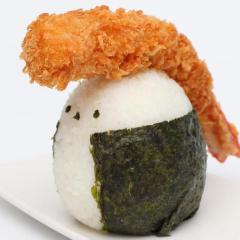-
Welcome to the eG Forums, a service of the eGullet Society for Culinary Arts & Letters. The Society is a 501(c)3 not-for-profit organization dedicated to the advancement of the culinary arts. These advertising-free forums are provided free of charge through donations from Society members. Anyone may read the forums, but to post you must create a free account.
NYT's video – Orange Confit
-
Similar Content
-
- 68 replies
- 14,686 views
-
- 104 replies
- 52,212 views
-
- 0 replies
- 274 views
-
- 3 replies
- 2,594 views
-
- 1 reply
- 1,791 views
-
-
Recently Browsing 0 members
- No registered users viewing this page.




Recommended Posts